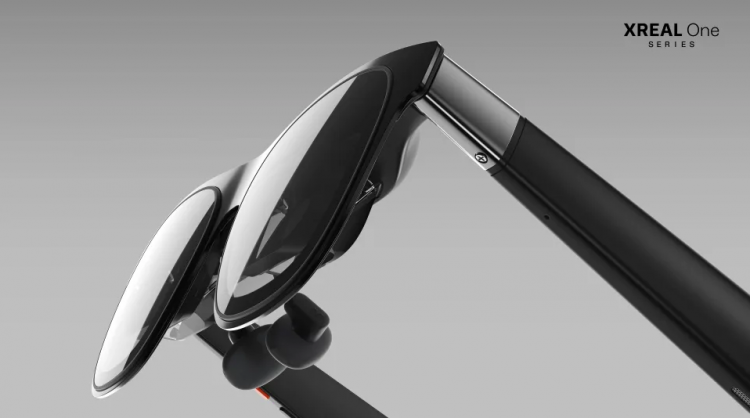Xreal, the Alibaba-backed leader in augmented reality (AR) glasses, has announced its most advanced product yet, the Xreal One Series, in an effort to solidify its position in the burgeoning AR market. The new glasses, which integrate the proprietary X1 chip, aim to elevate the AR experience while competing with similar innovations from Meta, Snap, and other tech giants.
The Xreal One Series features customizable cinematic displays and advanced spatial computing capabilities, enabling users to connect directly to devices such as smartphones, laptops, and gaming consoles via USB-C, eliminating the need for an external adapter like the previous Beam accessory. This innovation marks a significant leap forward for AR glasses, both in terms of functionality and user convenience.
Chi Xu, CEO of Xreal, described the new series as the company's most transformative development yet. "It's the biggest upgrade in Xreal history and arguably the biggest upgrade for the entire consumer AR glasses sector," Xu said in an interview with CNBC.
The X1 chip, three years in development, is the cornerstone of the new glasses. It allows for ultra-low latency of just 3 milliseconds at a refresh rate of 120Hz, delivering smooth and immersive visual experiences. The glasses offer full HD resolution for each eye and enhanced field-of-view capabilities-50 degrees for the Xreal One and 57 degrees for the One Pro, thanks to a pioneering flat-prism lens design.
Beyond technical specs, the new glasses promise seamless integration with a wide range of devices, including iPhones, Android phones, Steam Decks, PCs, and MacBooks. This connectivity broadens the glasses' potential user base and addresses one of the AR market's persistent challenges: creating compelling content and use cases.
"People have started to realize a headset doesn't make sense; we need to go to lighter form factors," Xu said, underscoring the industry's shift toward glasses over bulkier headsets like Apple's Vision Pro and Meta's Quest series.
The AR sector has struggled to achieve the explosive growth once predicted, partly due to the bulkiness of headsets, high costs, and limited content ecosystems. Xreal is betting that its streamlined, content-friendly glasses will help overcome these barriers.
While the company touts the technical prowess of its hardware, Xu acknowledged that hardware alone isn't enough. "We need a platform, we need an ecosystem to improve the experience because we don't have any content yet," he said. "But in order to have developers get excited, you need to have good hardware to begin with."
The Xreal One and One Pro glasses are priced at $499 and $599, respectively, with pre-orders already underway. Shipping is set to begin in December for the Xreal One and early 2025 for the One Pro. The company expects sales to reach 500,000 units in 2025, doubling the figure for this year.





